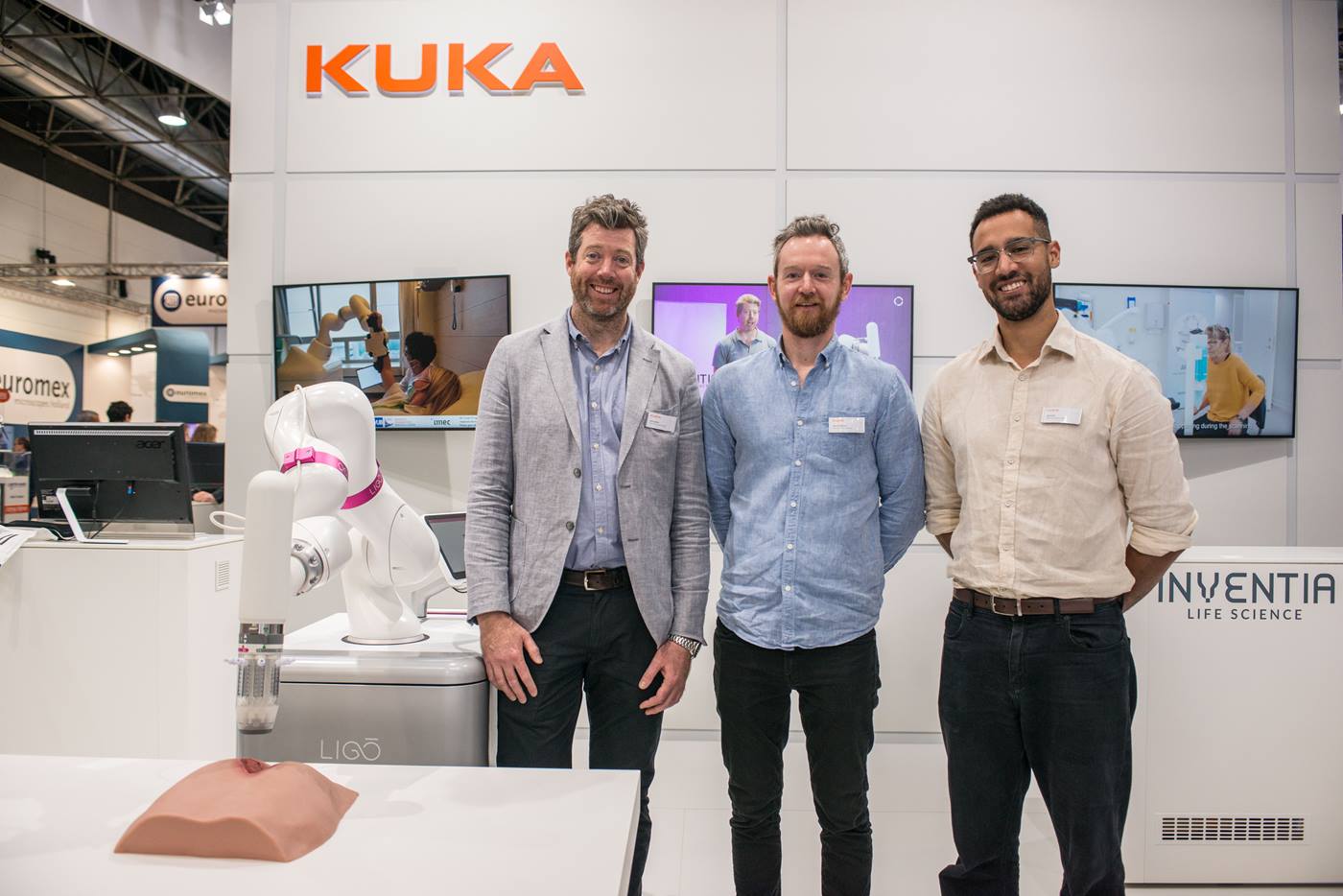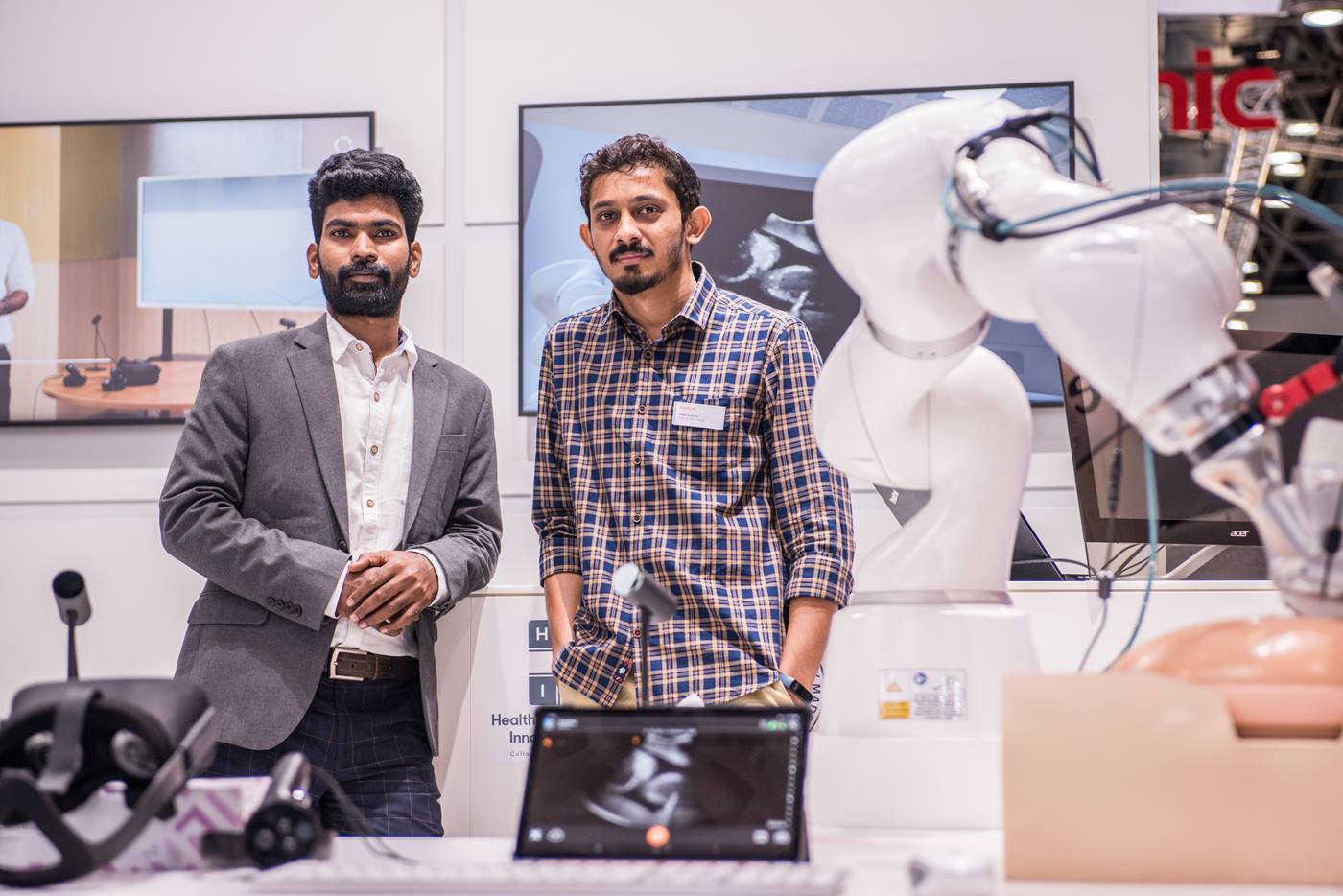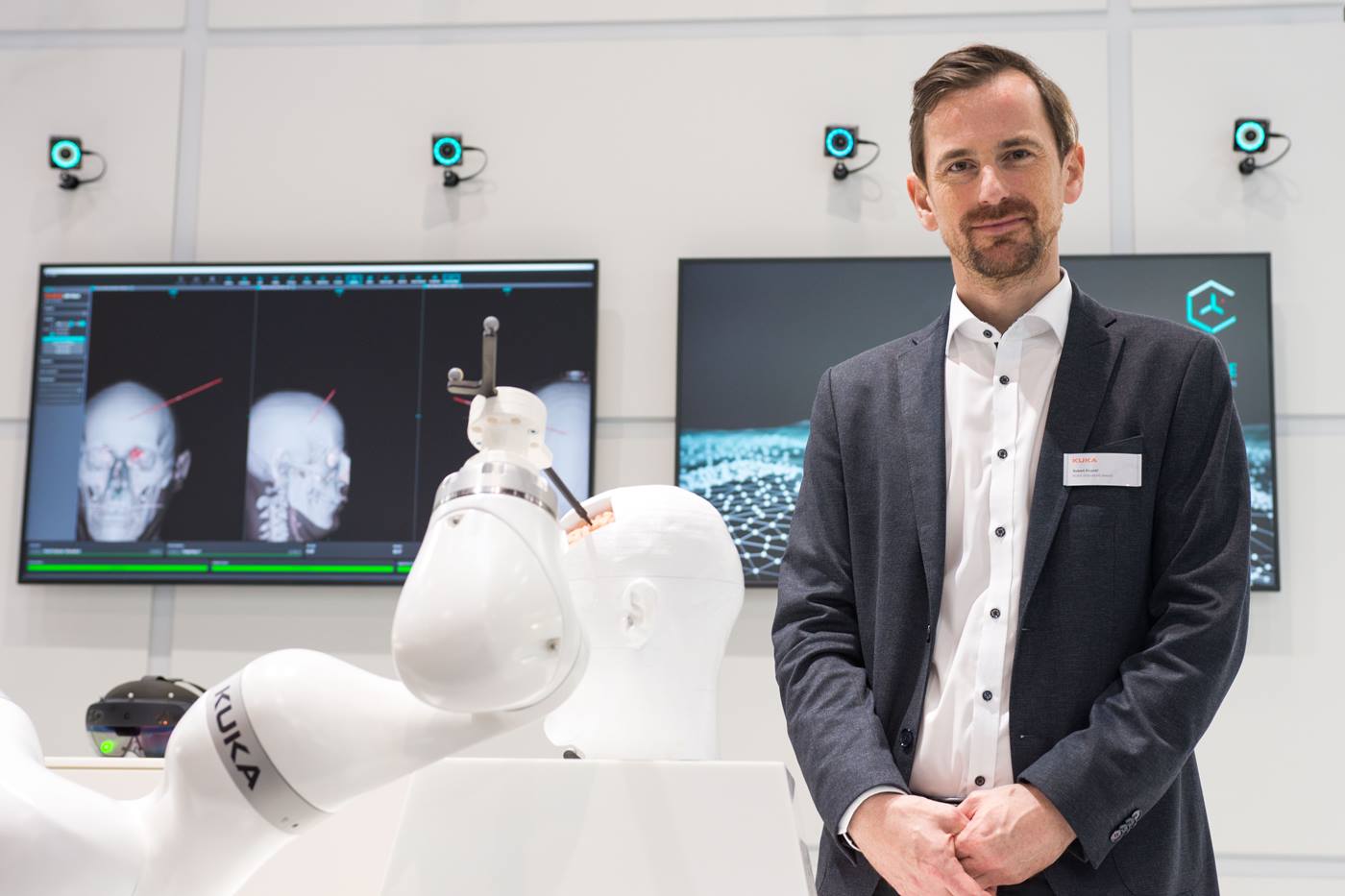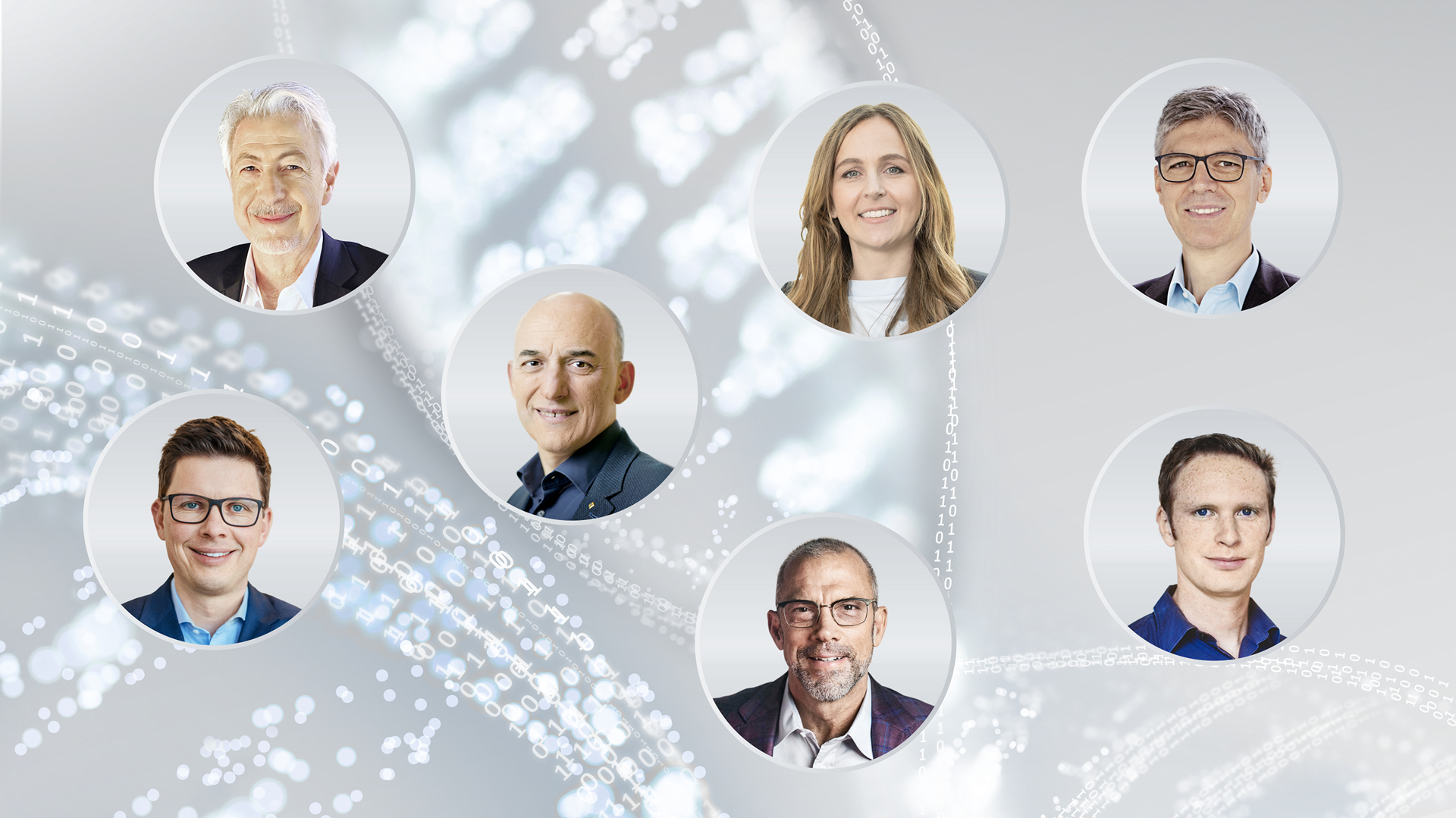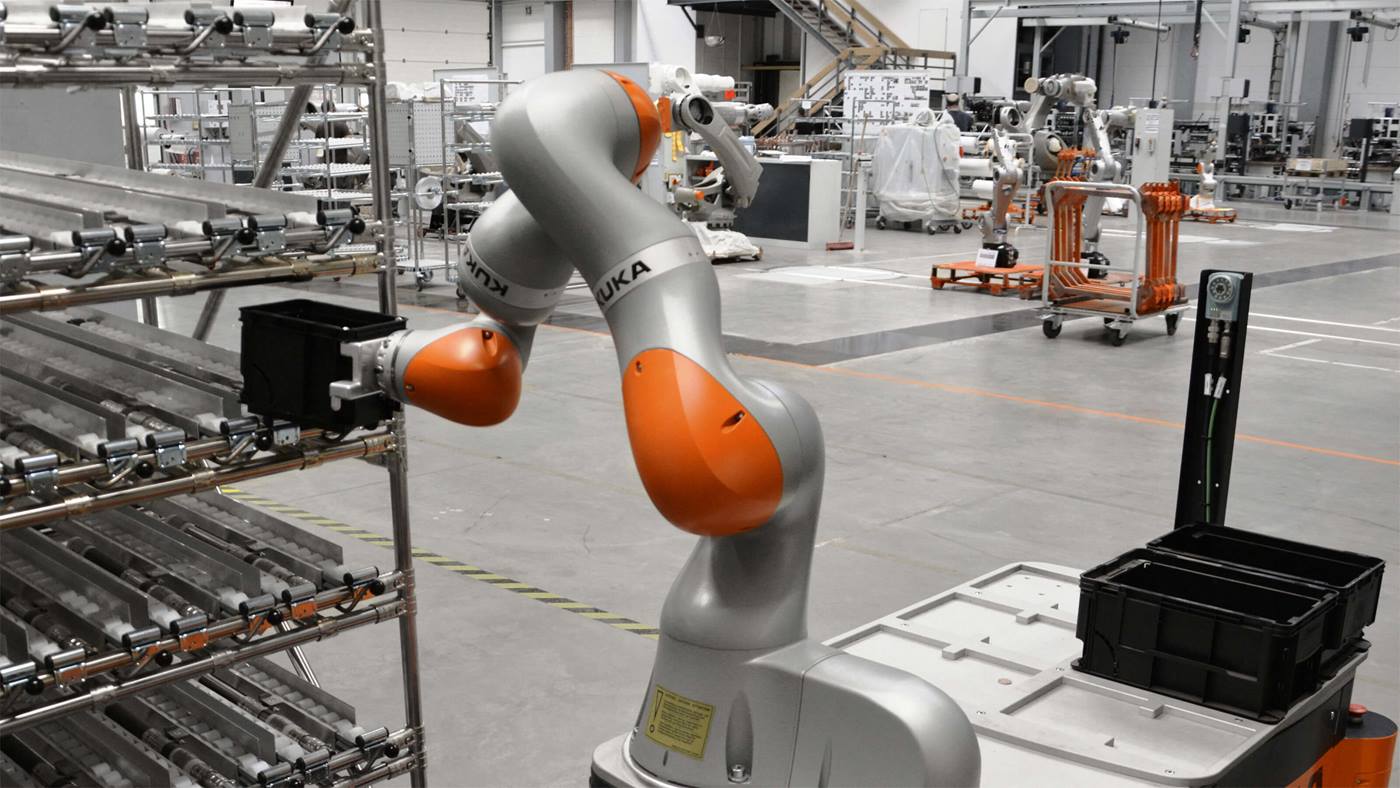Oussama Khatib received his PhD from Sup’Aero, Toulouse, France, in 1980. He is Professor of Computer Science and Director of the Robotics Laboratory at Stanford University. His research focuses on methodologies and technologies in human-centered robotics, haptic interactions, artificial intelligence, human motion synthesis and animation. He is President of the International Foundation of Robotics Research (IFRR) and a Fellow of the Institute of Electrical and Electronic Engineers (IEEE). He is Editor of the Springer Tracts in Advanced Robotics (STAR) series, and the Springer Handbook of Robotics, awarded the American Publishers Award for Excellence in Physical Sciences and Mathematics. He is recipient of the IEEE Robotics and Automation (IEEE/RAS) Pioneering Award (for his fundamental contributions in robotics research, visionary leadership and life-long commitment to the field), the IEEE/RAS George Saridis Leadership Award, the Distinguished Service Award, the Japan Robot Association (JARA) Award, the Rudolf Kalman Award, and the IEEE Technical Field Award. Professor Khatib is a member of the National Academy of Engineering.



